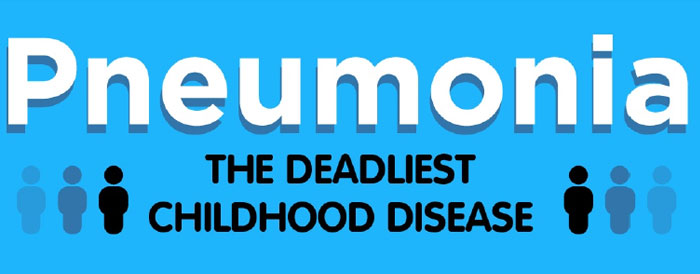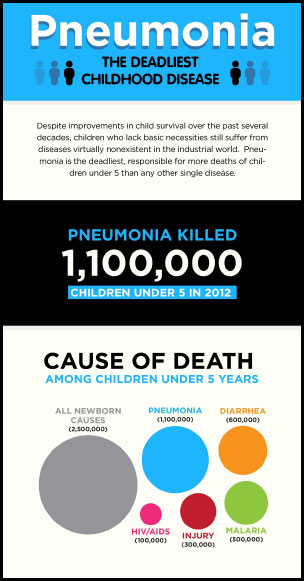
Help Prevent Pneumonia
Talk to your doctor about the Pneumonia vaccine
Source: Mayo Clinic
Pneumococcal polyvalent vaccine is an active immunizing agent used to prevent infection by pneumococcal bacteria. It works by causing your body to produce its own protection (antibodies) against the disease.
The following information applies only to the polyvalent 23 pneumococcal vaccine. Other polyvalent pneumococcal vaccines may be available in countries other than the U.S.
Pneumococcal infection can cause serious problems, such as pneumonia, which affects the lungs; meningitis, which affects the brain; bacteremia, which is a severe infection in the blood; and possibly death. These problems are more likely to occur in older adults and persons with certain diseases or conditions that make them more susceptible to a pneumococcal infection or more apt to develop serious problems from a pneumococcal infection.
Unless otherwise contraindicated, immunization (vaccination) against pneumococcal disease is recommended for all adults and children 2 years of age and older, especially:
• Older adults, especially those 65 years of age and older.
• Adults and children 2 to 64 years of age with chronic illnesses.
• Adults and children 2 to 64 years of age with sickle cell disease, those with spleen problems or without spleens, and those who are to have their spleens removed.
• Adults and children 2 to 64 years of age who are at increased risk for pneumococcal disease because of another illness (e.g., heart disease, lung disease, asthma, diabetes, alcoholism, liver disease, or kidney disease). People who smoke cigarettes should also receive the vaccine.
• Adults and children 2 to 64 years of age who are living in special environments or social settings (e.g., Alaskan Natives and certain American Indian populations), and residents of nursing homes and other long-term-care facilities.
• Adults and children 2 to 64 years of age with decreased disease-fighting ability (e.g., those with human immunodeficiency virus (HIV) infection, organ or bone marrow transplantations, and cancer).
Immunization (vaccination) against pneumococcal infection is not recommended for infants and children younger than 2 years of age, because these persons cannot produce enough antibodies to the vaccine to protect them against a pneumococcal infection.
This vaccine is to be administered only by or under the supervision of your doctor or other health care professional.


